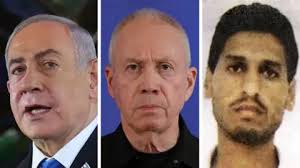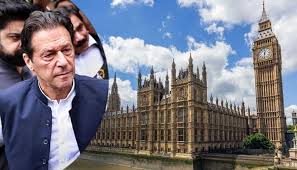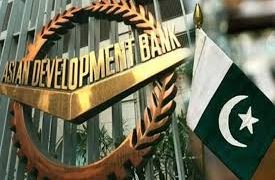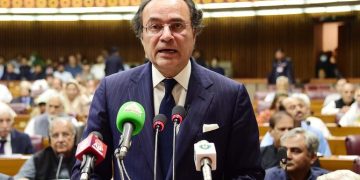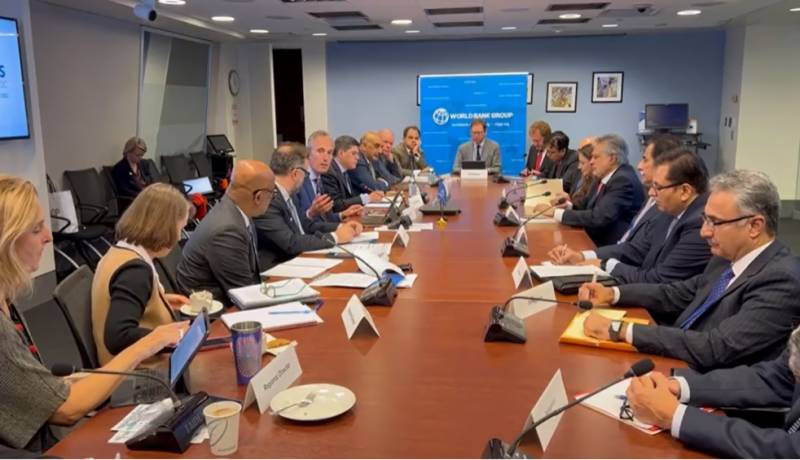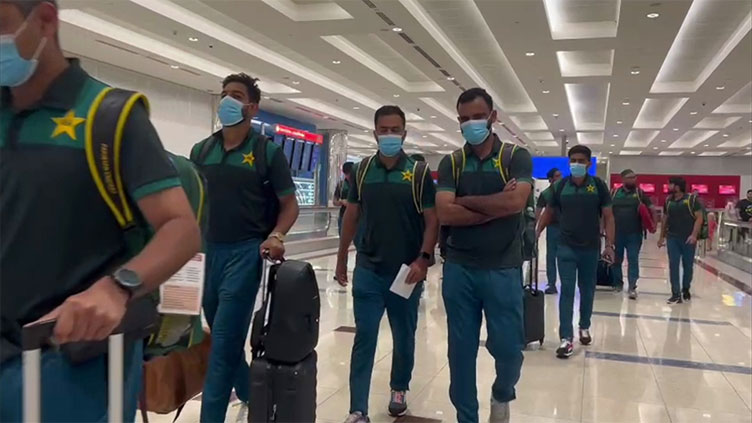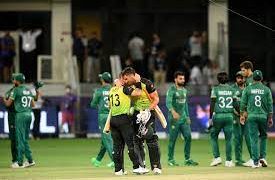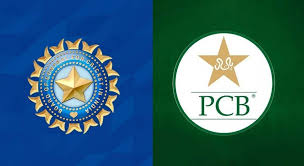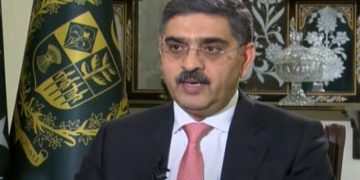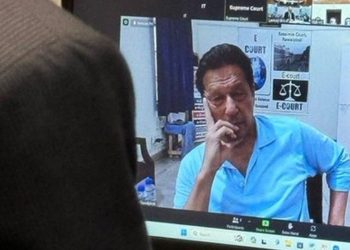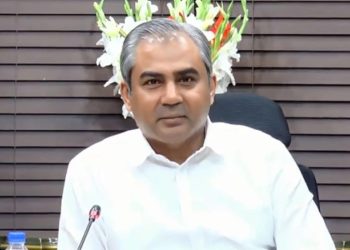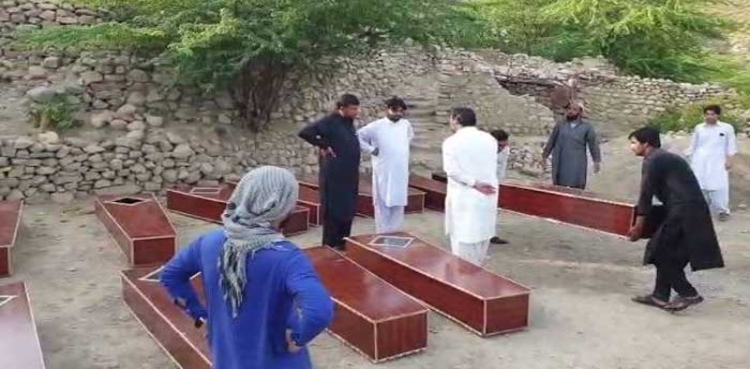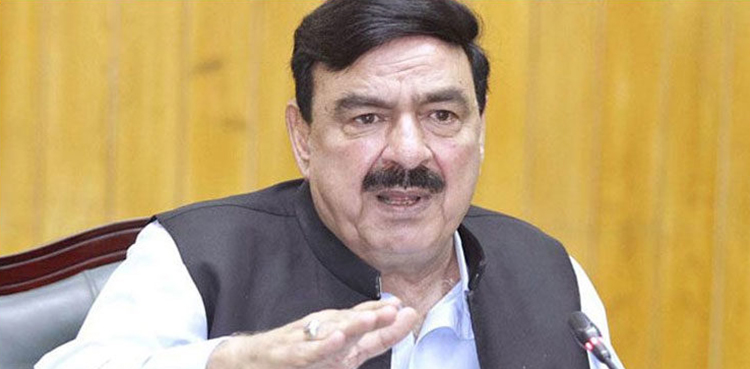In the latest development to the probe into the May 9 riots, Pakistan Tehreek-e-Insaf (PTI) Chairman Imran Khan and all others nominated as suspects have been charged with “criminal conspiracy” under additional charges included to the related cases, Senior Superintendent of Police (SSP) Investigation Anoosh Masood said on Wednesday.
While addressing a press conference in Lahore, she said that nine additional sections pertaining to treason have been included in the challans for the cases of vandalism and violence that erupted after the deposed prime minister’s arrest in the infamous £190 million National Crime Agency (NCA) UK settlement case on May 9, against all the suspects including Khan.
The investigation official said evidence of inciting mutiny and planning vandalism have been found against the PTI chief.
“Section 120(B) [pertaining to punishment of criminal conspiracy] of the Pakistan Penal Code (PPC) has been added to all the cases related to the May 9 incidents,” Masood said.
She further added that all the objections raised by the prosecution have been removed before the submission of the case challans in the court.
The former premier, who was removed via a parliamentary vote in April last year, has been grilled by a special Joint Investigation Team (JIT) probing the May 9 rampage almost across the country after permission granted by an anti-terrorism court (ATC).
Khan, who remains behind bars in Khyber Pakhtunkhwa’s Attock jail, and several others including some PTI leaders are facing various allegations in the cases related to the violence following his arrest on May 9.
The riots also led to the deaths of at least eight people and injured several others, prompting the authorities to arrest thousands of PTI workers and followers. Hundreds of party workers and senior leaders were put behind bars for their involvement in violence and attacks on military installations.
During the protests, the miscreants targeted the civil and military installations including — Jinnah House and the General Headquarters (GHQ) in Rawalpindi. The military termed May 9 “Black Day” and decided to try the protesters under the Army Act.
To probe Khan for the violence that ensued, the police had added incitement to mutiny and an attempt to wage war among other provisions provisions on August 18 as per the case diary, after which they contacted the anti-terrorism court seeking permission to investigate the PTI chief.
The court’s Judge Ejaz Ahmad Buttar, consequently, issued an order at the request of the police.

